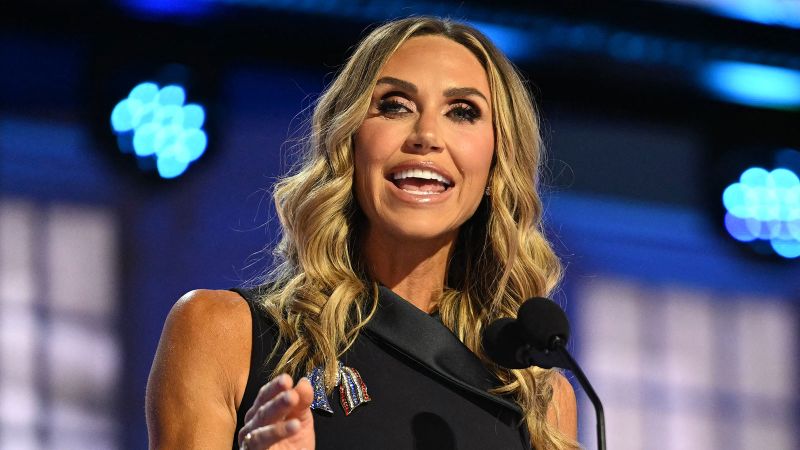Trump Defends 'Shylock' Remark, Claims Ignorance of Antisemitic Connotations

Former President Donald Trump has defended his use of the term “Shylock” during a recent rally in Iowa, stating he was unaware of its deeply antisemitic history. The remark, made while discussing his newly signed “Big, Beautiful Wall” on the US-Mexico border, immediately drew widespread condemnation from Jewish organizations and political commentators.
Speaking to reporters on Friday, Trump dismissed the criticism, saying, “I never heard that. I don’t know much about it, to be honest.” He insisted his comments were not intended to be offensive and were simply referencing a negotiation tactic. “I was just talking about a deal… a very tough deal,” he explained.
The term “Shylock” originates from Shakespeare’s play The Merchant of Venice, where the character is a Jewish moneylender portrayed with stereotypical and derogatory traits. For centuries, the name has been used as a pejorative to denigrate Jewish people, perpetuating harmful antisemitic tropes about greed and financial manipulation.
The American Jewish Committee (AJC) swiftly condemned Trump’s use of the term, calling it “deeply offensive and evocative of a painful history of antisemitism.” They stated, “Using such a term, regardless of intent, is unacceptable and contributes to the normalization of antisemitic language.” Similarly, the Anti-Defamation League (ADL) released a statement saying, “Trump’s use of ‘Shylock’ is dangerous and irresponsible. It invokes a loaded term with a long history of fueling antisemitism.”
This isn’t the first time Trump has faced scrutiny over comments perceived as insensitive or prejudiced. Critics argue that his remarks often lack understanding of the historical context and impact of antisemitic stereotypes. The incident has reignited a debate about the responsibility of public figures to be mindful of the language they use and its potential to incite hatred.
While Trump maintains he was unaware of the term's offensive nature, the controversy underscores the importance of education and sensitivity surrounding antisemitism. Experts warn that seemingly casual remarks can have a significant impact on the perception and prevalence of antisemitic attitudes. The ongoing fallout from this incident is likely to continue to shape the political discourse and highlight the complexities of addressing antisemitism in the public sphere. The fact that he signed the “Big, Beautiful Wall” bill shortly before making this statement has also drawn criticism, with some alleging a connection between the two events.
The situation highlights a broader concern about the rise of antisemitism globally and the need for continued vigilance and education to combat it. The response from Jewish organizations and political figures emphasizes the importance of holding public figures accountable for their words and actions, particularly when they invoke language with a history of causing harm.






